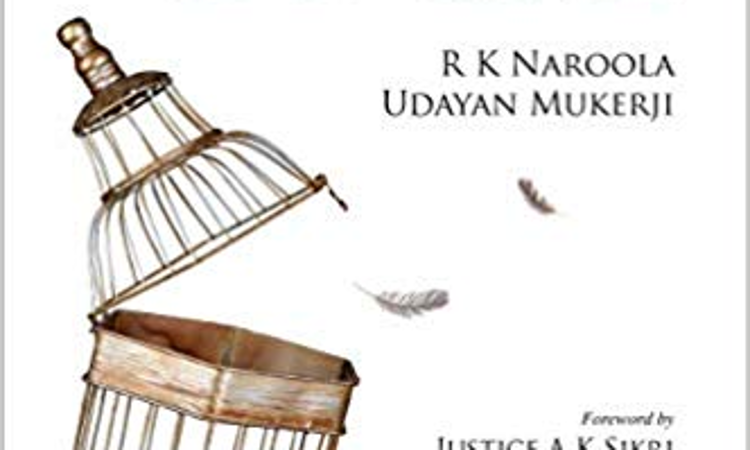Book Review : Law Of Bail Authored By RK Naroola And Udayan Mukerji
LIVELAW NEWS NETWORK
31 Aug 2020 11:23 AM IST

Book Review by, Ms. Krishna Parkhani Advocate, specializing in gender justice and criminal litigation
Next Story
31 Aug 2020 11:23 AM IST
